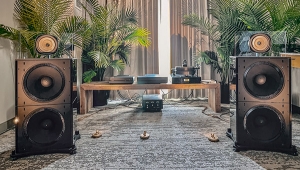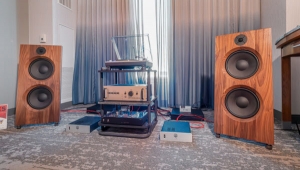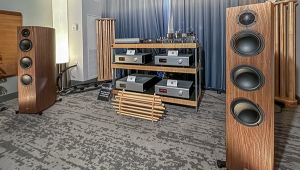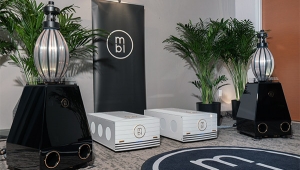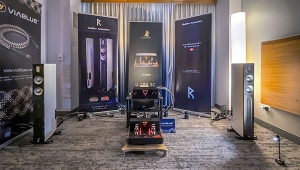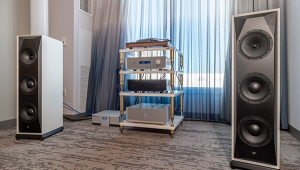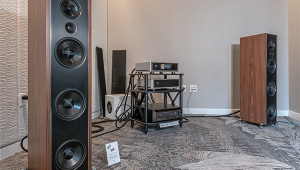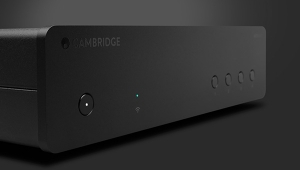| Columns Retired Columns & Blogs |
As an audiophile, all I need to do is sit back, relax, and be a subjectivist.
I don't need to measure anything, I don't have to design anything, all I have to do is consume the music, dance, and be happy!
Surely, I would not want a pure subjectivist to design or build my gear. I can't imagine a pure subjectivist-designed piece of kit: "This capacitor is pretty, and I don't like the connotation of the word 'resistor' at all. Impedance sounds like it might hold back music, let's got with zero impedance..."
So, thank God for objective measures in construction and design!
All I gotta do is either dig it, or not! Yay! Thank you!
Put me down as someone who realizes it takes "both" flavors to make the hobby work. As Laozi, said, "It takes both yin and yang to make the Tao go round!"
I guess, then, people could start to argue about how rigorously we apply our subjectiveness in an attempt to be subjectively objective, and that's fun and all until someone tries to make a claim that 'has to' apply to all listeners. Then, it becomes a religious argument and saps the joy.
But, then, I consider limoncello to be a "system enhancing solution," so take this all with a drop of yin, or yang, or whatever it is floats your boat.





























